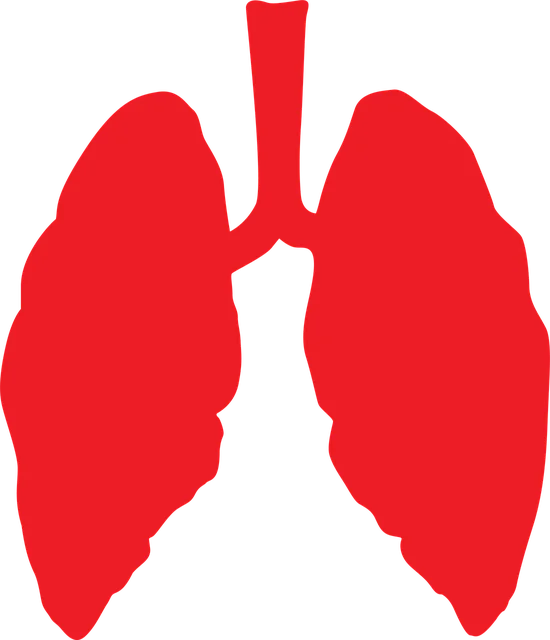Preventing Lung Cancer
Lung cancer affects the lungs, airways and lungs. Lung cancer is one of most prevalent types of cancer. It's the leading cause for cancer-related deaths in America, in men and in women.
Although the exact cause of lung cancer remains unknown, there are some risk factors that can increase your chances of getting it. This includes smoking, secondhand smoke exposure, asbestos, radon gas, pollution and family history of lung disease.

Different types of lung cancer
Two types of lung cancer are common: small-cell lung cancer and non-small-cell lung cancer. NSCLC, the most prevalent type of lung cancer, can be subdivided into four types: adenocarcinoma (squamous cells carcinoma), large cell carcinoma and bronchoalveolar carcinoma. Although SCLC is rarer, it tends to spread faster than NSCLC.
The treatment of lung cancer
Lung cancer treatment depends on how advanced the disease is and the individual's health. The most common treatments for lung cancer include chemotherapy, radiotherapy, targeted therapy and immunotherapy. Sometimes, combination therapies may be necessary.
The surgery is used often to remove the cancerous tumors and lymph nodes. Radiation therapy, which uses radiation or high-energy Xrays to kill cancer cells, uses radiation therapy to do the same. Chemotherapy is a treatment that uses drugs to eradicate cancer cells. While targeted therapy targets specific molecules that are involved in cancer spread and growth, immunotherapy boosts the body's immune system against cancer.
Advancements in Lung Cancer Treatment
Modern advances in lung cancer treatment make it easier to diagnose and treat this disease sooner. Low-dose CT scans, for example, can detect early signs of lung cancer. Targeted therapies, however, have been created to target specific genetic mutations in patients with lung cancer.
Experts believe personalized medicine can be applied to patients to customize treatments based on individual genetic makeup. It could result in better outcomes for patients with lung cancer.
Is Lung Cancer Preventable?
Lung cancer can't be completely prevented, but there are steps people can take that will reduce the risk. Avoiding smoking and secondhand smoke is the most important step. Research has shown that smoking cessation can lower the chance of developing lung cancer up to half-way.
You can also reduce your risk by avoiding asbestos and radon gas exposure, eating healthy food, regular exercise, and avoiding air pollution. Talk to your doctor if you have already been diagnosed with lung cancer to discuss ways that they can reduce the risk of it recurring.
Conclusion
Millions of people are affected by lung cancer each year. It is serious and can lead to death. There is no cure for lung cancer, but there are ways to lower your risk. Smoking cessation and avoidance of carcinogens and toxic substances can reduce the chance of lung cancer. This will also improve the outlook for those already diagnosed.
Although research continues, advances in lung cancer treatment are making it easier to diagnose and treat the disease sooner. This will lead to improved outcomes for patients with lung cancer. We can expect to see an increase in lung cancer cases if we continue to improve our treatments and preventive strategies.